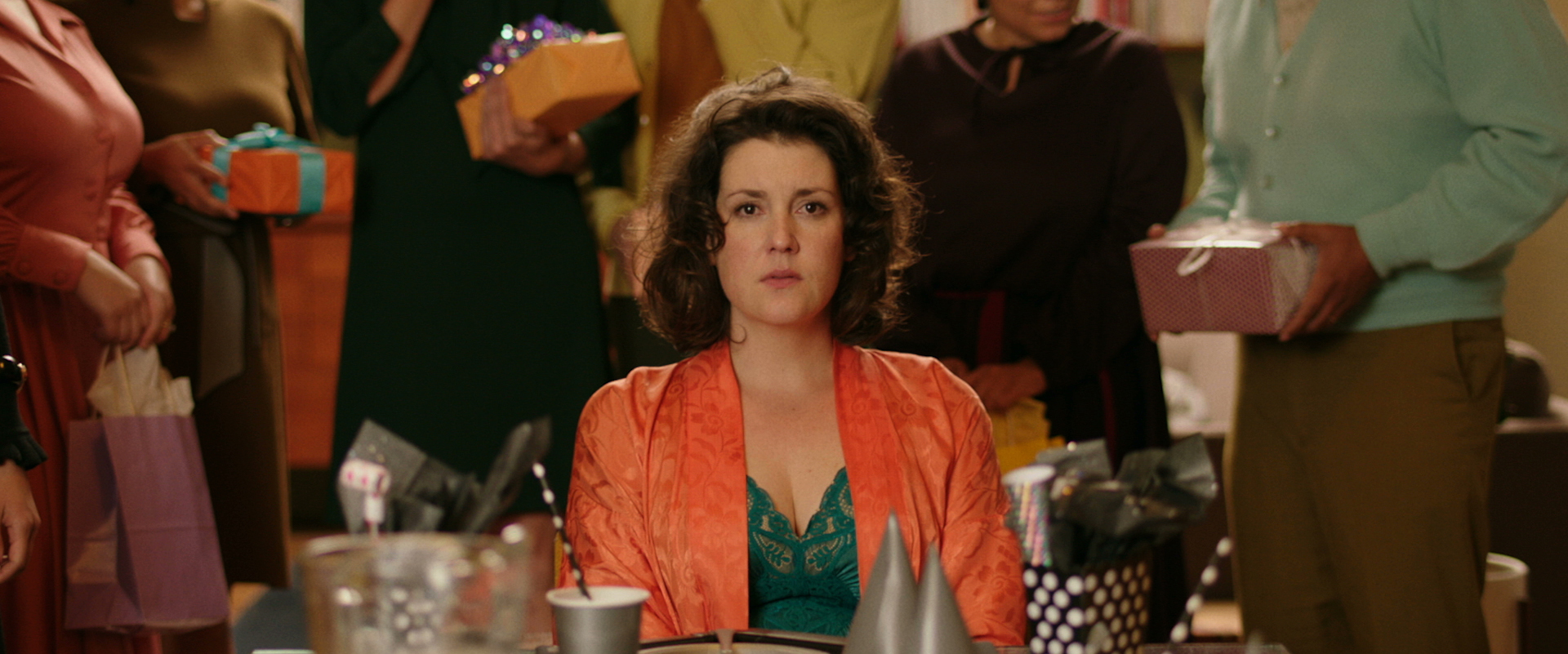With the success of recent films like Julia Ducournau’s Raw, Jennifer Kent’s The Babadook and the female-led anthology XX,it’s safe to say women in horror are having a moment. But while the aforementioned projects have captured most of the media’s attention, the reality is they’re only a small slice of the work women are doing in horror.
The Hobart-based international film festival Stranger With My Face is committed to exploring the role female directors play in the way we view and speak about terror on screen. Programmer Briony Kidd champions independent films by women that deal with “the dark side of life and the dark impulses and the dark imagination,” and ask why the female perspective is so uniquely chilling. We called her up to talk about why women are so good at making us uncomfortable.
Women in horror is such a popular subject at the moment and there have been some huge successes recently, but it’s really not all that new – why the recent interest?
It did start pretty grassroots I think, and it’s gradually grown more and more into mainstream awareness. I do remember a lot of pushback at a certain point about the women in horror movement, a lot of really unpleasant online arguments with, what would be the word, dudebros? That has slowly shifted and most of the horror communities that I’m aware of don’t think it’s radical to talk about women directors. Stuff that women filmmakers make can be ahead of its time, because we come from a more left field angle, I guess because not many women are making feature films. At the time of release these films often seem to go under the radar or are not quite understood. Then you look at them 10 or 20 years later and think “that was amazing,” but people at that point didn’t quite connect.
How much does the idea of genre itself impact that?
I have a theory that the questioning of genre definitions is an oppressive thing in itself, because there is a tendency for male directors to make things that seem to fit more squarely within the genre framework, even though when you look at them objectively, they’re perhaps not. Someone like Ti West for example, he’s well acknowledged as a horror film-maker, but he’s made a number of films like The Sacrament that aren’t really horror to me. He just gets considered this horror guy in a very straightforward way. I think if there was a woman making that, there would be more questioning of it.
There is an unfairly narrow view of the horror genre in general though.
I’ll say to people it’s a horror festival and their immediate response will be “oh, I don’t like horror.”
I bet if you ask them to give an example of a horror film they’ll say something super gory.
Or badly made. It’s sort of frustrating because, if you think of Bram Stoker’s Dracula or Frankenstein, any of those classic stories, people don’t remember they’re horror. Somewhere along the line the word horror became associated with a certain type of disreputable film, and it hasn’t recovered from that. I don’t know who really leads this, if it’s the distributors or the exhibitors, but they won’t call things people like horror. Even Jennifer Kent’s Babadook was marketed as a thriller.
You mentioned female filmmakers tend to be a bit ahead of their time, why do you think we’re seeing this wave of excelled woman-led horror?We’re just not as used to seeing their ideas and perspective on screen. Something new and interesting comes out of that. Talking about why there’s this particular interest or success, I think it tends to come from the films that are perceived to be more personal or intense in their approach. If you think of The Babadook or Raw or Prevenge, you get the feeling these are filmmakers who are really dealing with something that means something to them.
I worry that I watch films by women through the lens of “female experience,” which is actually really limiting.
It would be nice to just engage more with the work itself, think about why the style is interesting, how are the themes relevant to what’s going on in the world – to go beyond “it’s a woman working in horror.” I’m a bit concerned that if “women in horror” is just looked at as a trend, then eventually it won’t be a trend anymore. When we have genre festivals where the line up is 80 percent men nobody is talking about what kind of horror men make.
So how do we counteract that?
We look closer at the diversity of filmmakers within this so-called niche area of women genre makers. It’s not a homogenous lump of people. It seems like such a basic argument to have to have, but filmmaking is actually an art form, and it needs to be protected and cherished and we need to grow our audience.
Stranger With My Face International Film Festival will be held in Hobart from 4 to 7 May.
Credits
Text Kate Robertson
Image via IMDB
